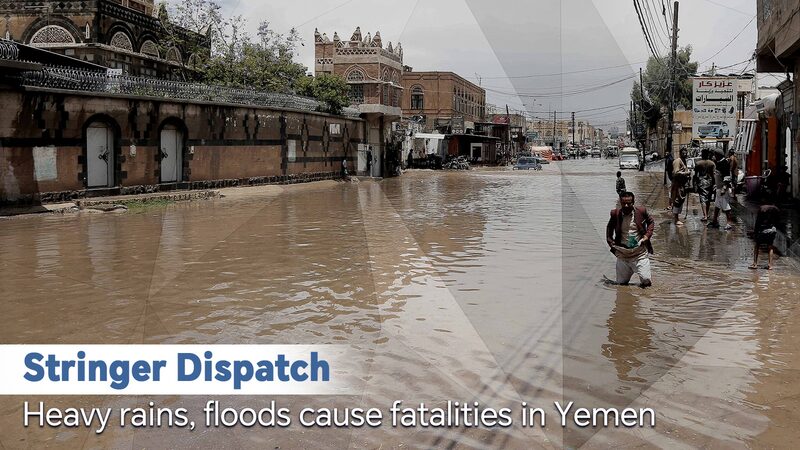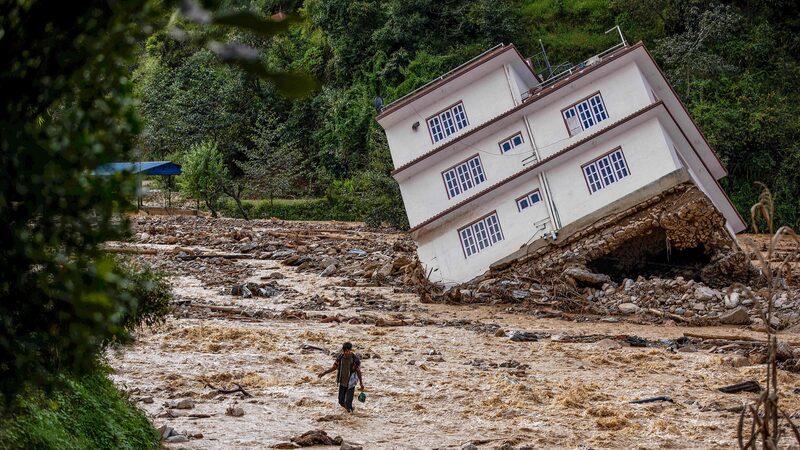Torrential rains since June have devastated Niger, resulting in the loss of 339 lives and leaving over 1.1 million people displaced, according to state media reports released on Tuesday.
The updated figures mark a significant increase from last month's toll, where the interior minister reported 273 deaths and more than 700,000 affected. The relentless downpours have wrought havoc across the Sahel nation, impacting regions nationwide, including the capital Niamey, where nine fatalities were recorded.
Widespread Destruction and Loss
The floods have caused extensive damage to infrastructure, livestock, and vital food supplies. A historic mosque in Zinder, the nation's second-largest city, built in the mid-19th century, was among the structures destroyed. Some areas experienced rainfall up to 200% higher than previous years, as noted by the national meteorological agency.
Education and Communities Disrupted
The calamity has also disrupted education, with damage to schools and numerous families displaced. In response, the government has postponed the start of the academic year to the end of October, aiming to ensure safety and restore normalcy.
Recurring Tragedy Amid Climate Change
Niger's rainy season, typically spanning from June to September, frequently results in significant casualties. In 2022, flooding claimed 195 lives. Scientists have consistently warned that climate change is intensifying extreme weather events globally, making floods more frequent, severe, and prolonged.
The nation now faces the monumental task of providing aid to affected populations and rebuilding its infrastructure, highlighting the urgent need for climate resilience and sustainable development strategies.
Reference(s):
Niger ups flood toll to 339 dead, more than 1 million affected
cgtn.com







